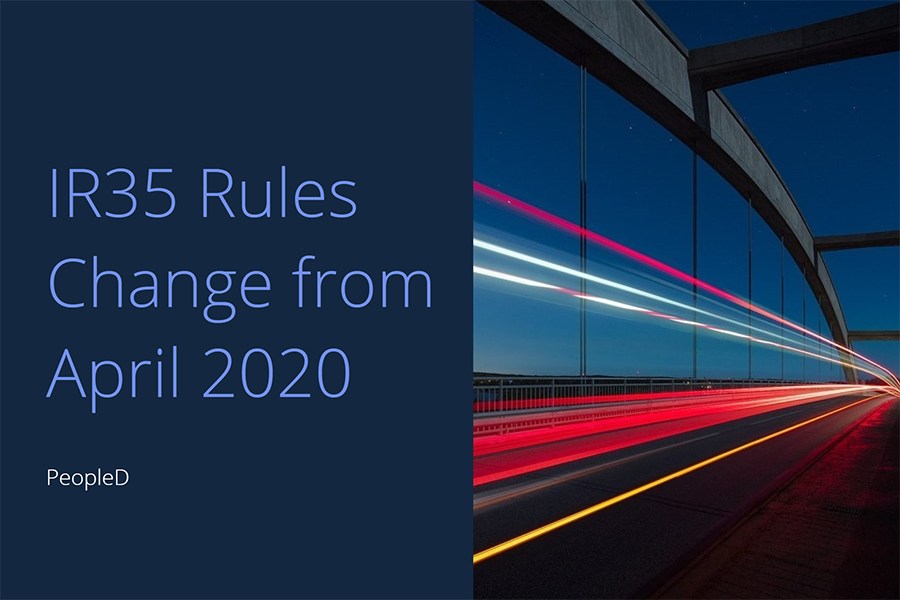
What is IR35 and why is it important for you to check whether your business is prepared for adopting the changes before 6 April 2020?
The purpose of IR35 rules is to reduce tax avoidance by freelancers and contractors who are considered to be “disguised employees”. They have similar jobs and working patterns as full-time employees but are paid for their services via intermediaries, mainly umbrella and limited liability companies.
Essential Requirements
IR35 or off-payroll working rules require that workers who provide services via intermediaries, and who would otherwise have been an employee if they were providing their services directly to the company, pay the same tax and National Insurance contributions as employees.
Who Does IR35 Apply to
Off-payroll working rules apply to private sector companies, including some charities, who meet two or more of the following conditions:
- You have an annual turnover of more than £10.2 million,
- You have a balance sheet total of more than £5.1 million,
- You have more than 50 employees.
The rules also apply if a worker provides their services to a client through an intermediary, but would be determined as an employee if they were contracted directly.
An intermediary will usually be the worker’s service company. They could also be a partnership, a managed service company, or an individual.
Tip: If your company acts as an intermediary, you need to decide the employment status for each contract.
Tax and Insurance
If you as an employer work with contractors operating via a personal service company (PSC), you will be responsible to identify, monitor and assess whether any of your contractors is an employee and, if it is, your company is liable for paying PAYE and NICs.
The responsibility for paying income tax and national insurance will no longer be with the contractor. If your company is a hiring party engaging workers via an agency, the liability will sit with the party who pays the fee to the worker i.e. the agency.
Tip: The legislation requires that your company as the “end client” determines the status of workers and contracts.
Have You Tried ‘CEST’?
On 25 November 2019, HM Revenue and Customs have updated ‘CEST’ – Check employment status for tax, a tool they recommend to define if a worker on a specific contract with your company should be classed as an employee or self-employed for tax and National Insurance Contribution (NIC) purposes.
You can use the tool to determine the status of your current contracts, when you are hiring a worker directly, engaging them through an intermediary, or when a contract is changing.
If you determine that the IR35 rules apply, tax and National Insurance contributions must be deducted from fees and paid to HMRC.
Are you ready for IR35?
To check if you are ready, use this Checklist.
- Do you have workers supplied by agencies or other intermediaries in your current workforce?
- Have you identified those workers who are supplying their services through personal service companies?
- Have you determined if IR35 applies for any of the current contracts?
- Will IR35 apply for contracts that will extend beyond April 2020?
- Have you used the HMRC’s Check Employment Status for Tax (CEST) tool to determine the status of your current contracts?
- If you have done that already, when do you intend to talk to your contractors about whether the rules apply to their role and what will change due to IR35?
- Have you allocated adequate resources?
How to Get Ready in Three Months
If you have not started working on this yet, you have got three months.
Since time is short you will want to avoid any delays and risks. To achieve that, start with drafting a Plan for Implementation of IR35.
Your plan should define the required stages and activities in the process, as well as the roles of stakeholders, the expected outcomes and timelines.
Plan enough time for activities regarding the revision and amendments of the company policies and procedures affected by IR35.
If you need our assistance, feel free to call +44 (0) 77 8390 8571 or send us your request by email.

